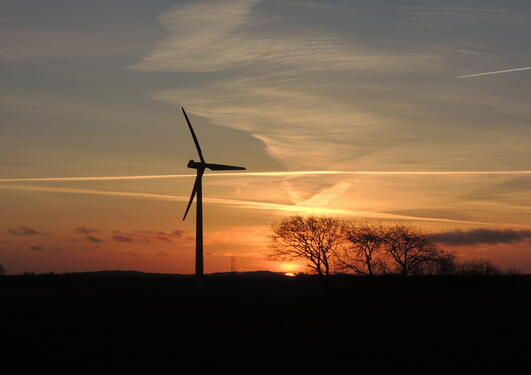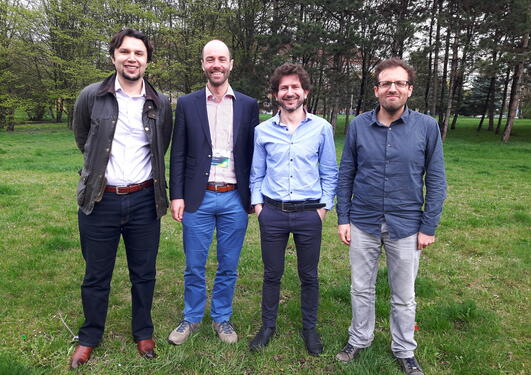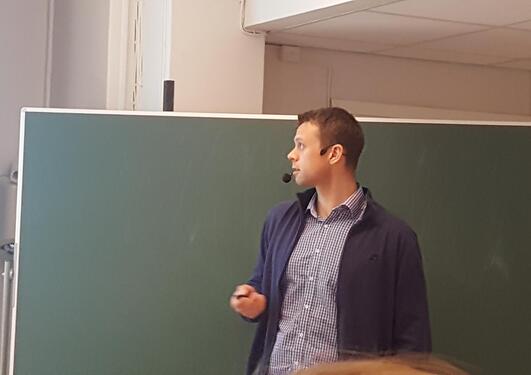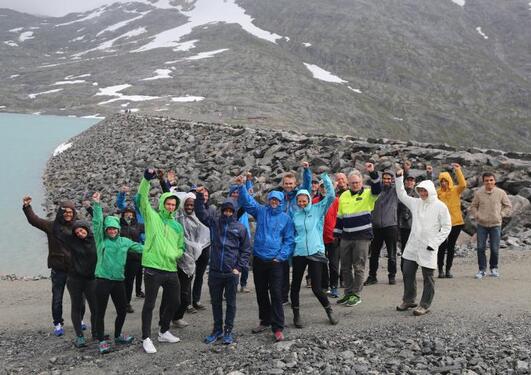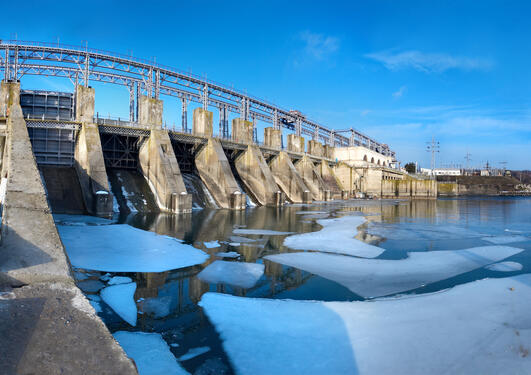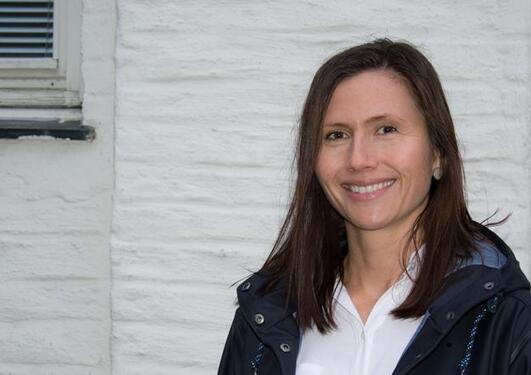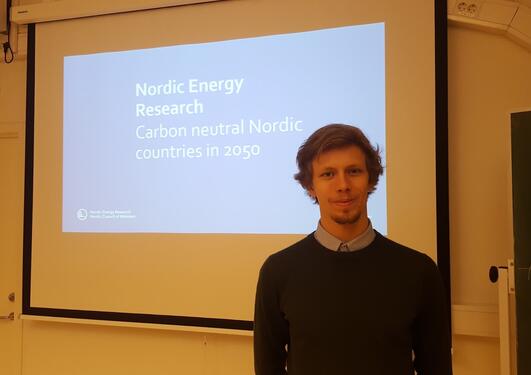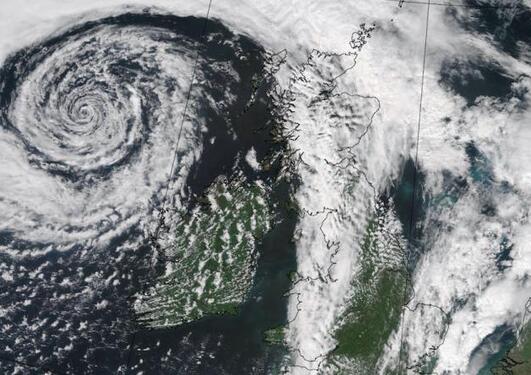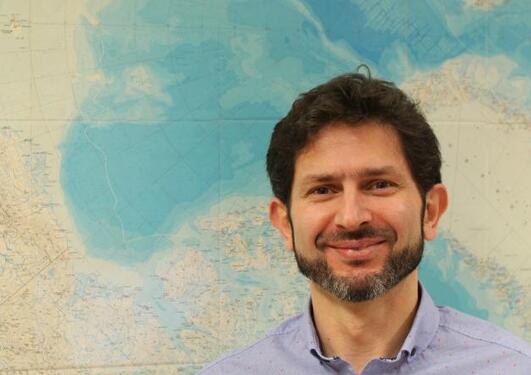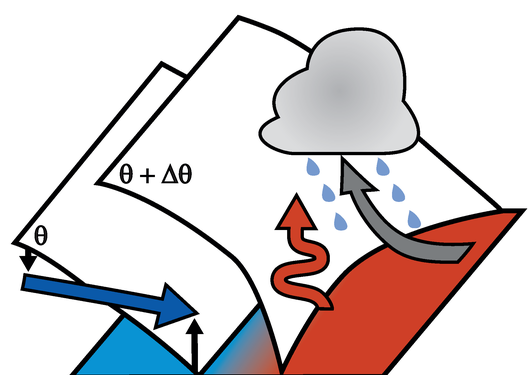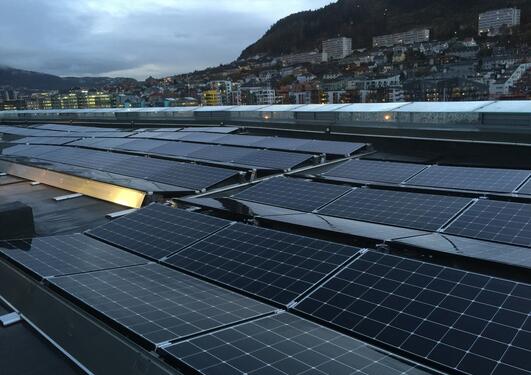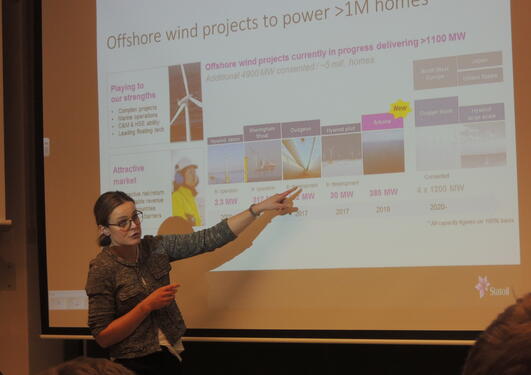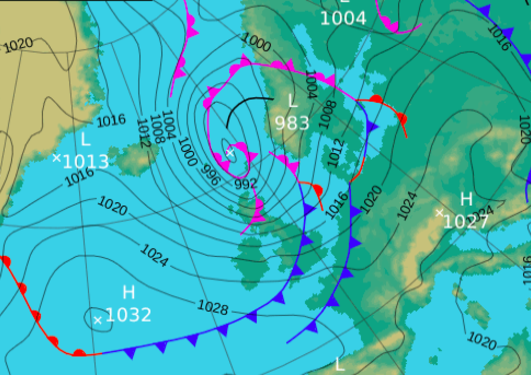News archive for Geophysical Institute
Some scientists from GFI / BCCR contributed significantly to a MOSAiC Workshop at ASSW in Prague on 4 and 5 April.
The Bergen Energy Lab arranged a free half-day seminar about the Norwegian energy market.
The University of Bergen has success in the QS university rankings, based on subject areas. Within the category of marine research, the University of Bergen was named the 37th best in the world.
When Svetlana Sorokina’s mother calls from Siberia and complains about the cold, Svetlana knows one thing: It has probably been unusually warm in the Arctic
A new research finds an increase of strong and extremely strong fronts in summertime and autumn over Europe. If this is a trend or caused by climate change remains to be seen, according to lead author Sebastian Schemm.
The German Society for Marine Research (Deutsche Gesellschaft für Meeresforschung, DGM) recently announced the recipient of the Georg Wüst Prize 2017. Congratulations Ilker Fer!
In the programme FRINATEK, the research counsil distributed 251 mill. NOK on 32 new research projects. Four of these are for researchers at Geophysical Institute. We also got one of five projects in the programme Polarprog.
Analysis of cyclone tracks and precyclogenesis flow conditions show us that El Niño can shift the preferred cyclogenesis position over the Gulf Stream which influences the cyclone’s track across the North Atlantic.
The results are published in the Journal of the Atmospheric Sciences.
The University of Bergen will this fall and the next spring compete against 4 other universities in Europe in making the best 2 day weather forecasts. Participants will predict maximum and minimum temperature as well as precipitation.
The Gulf Stream transports warm water towards Northern Europe. This flow is driven by northward flows replacing water that sink in the Norwegian Sea, but also by the wind blowing over the sea. In some regions, the wind can be the strongest driver. Carina Bringedal studies the role of the winds at the entrance of the Norwegian Sea
Pages
- 2025
- 2024
- 2023
- 2022
- 2021
- 2020
- 2019
- 2018
- 2017
- 2016
- 2015
- 2014
- 2013
- 2012
- 2011
- 2009
